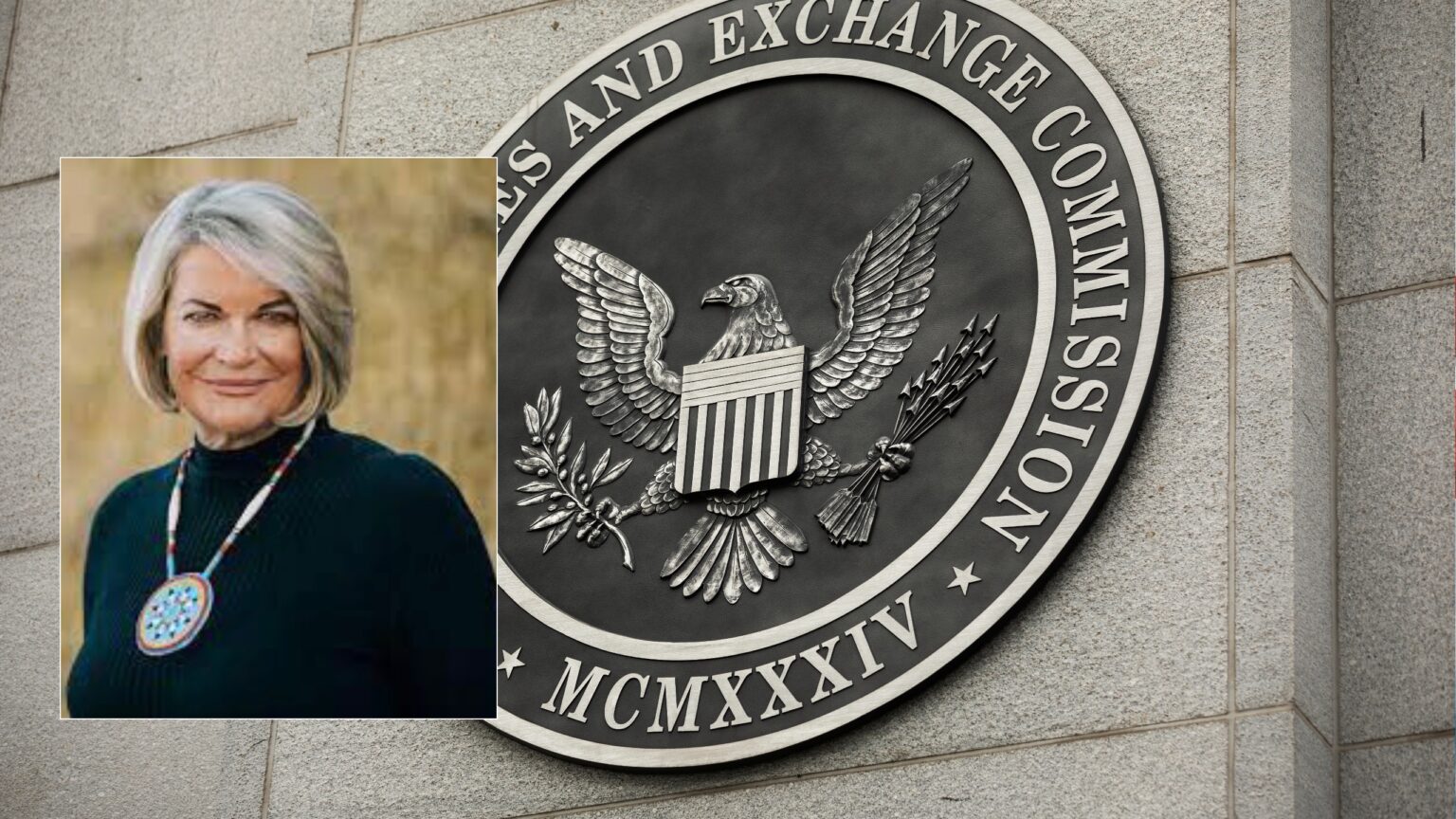The Securities and Exchange Commission’s (SEC) lawsuit against Coinbase has rattled the US crypto landscape. However, the firm’s motion to dismiss has gained high-profile support. Senator Cynthia Lummis recently filed an amicus brief siding with the crypto exchange.
Coinbase, a New York-based crypto exchange, is under the SEC’s scrutiny for purported securities violations. On August 4, Coinbase moved to dismiss the lawsuit contending that the SEC’s attempt to assert authority over the exchange violated due process and sidestepped its earlier interpretations of securities laws.
https://twitter.com/MetaLawMan/status/1690133309345460224?s=20
Moreover, Senator Lummis expressed concerns about the SEC’s ambitions in the crypto realm. In her recent filing, she highlighted that the regulatory environment and other pertinent cryptocurrencies-related factors are “under active consideration by Congress and multiple agencies.” Hence, the SEC’s assertive steps into this territory could undermine Congress’s legislative jurisdiction.
Additionally, Lummis pointed out that most legislative proposals in Congress would allocate much of the regulatory authority over the crypto space to other agencies. She added,
“The SEC cannot legislate by enforcement.”
The larger crypto community weighs in
Besides Lummis, various crypto advocacy groups have also stepped forward. On the same day, organizations like the Blockchain Association, Crypto Council for Innovation, and Chamber of Progress jointly filed an amicus brief. Marisa Tashman, the Blockchain Association’s senior counsel, reiterated on X (formerly Twitter) that the SEC’s authority only extends as far as Congress permits.
2/ The SEC takes the position that nearly all digital assets sold on the secondary market are investment contracts under the federal securities laws. But, these transactions involve no ongoing contractual obligations. The SEC's position is wrong. pic.twitter.com/DAhCgRUxzF
— Marisa Tashman Coppel (@MTCoppel) August 11, 2023
Furthermore, the SEC’s overarching approach to categorizing almost all digital assets as securities, especially on secondary markets, has raised eyebrows. Tashman emphasized that these transactions don’t entail continuous contractual obligations. Consequently, the SEC’s stance appears misaligned.
The saga has also pulled other significant players into the limelight, and a day before the Coinbase lawsuit, the SEC targeted Binance for purported securities law violations. Notably, the allegations against Coinbase left many puzzled since the firm is publicly listed. The crypto community now wonders how Coinbase was permitted to go public in 2021 if it supposedly operated as an unregistered security broker.
The SEC’s track record and what lies ahead
The SEC’s journey in the crypto world has been anything but smooth. Earlier, in the SEC v. Ripple case, the commission faced a setback when a judge ruled that XRP primarily did not qualify as a security under its standards.
The recent developments underline a broader contention in the crypto space. Many argue that the SEC’s current approach seems aggressive and lacks precise rules for the digital asset industry. Jake Chervinsky, a leading voice in the crypto advocacy sector, reminded the community that the SEC Chair Gary Gensler’s views aren’t definitive. He noted that its authority remains questionable unless the SEC proves its court case.
Chair Gensler may have prejudged that every digital asset aside from bitcoin is a security, but his opinion is not the law. The SEC lacks authority to regulate any of them until and unless it proves its case in court. For each asset, every single one, individually, one at a time.
— Jake Chervinsky (@jchervinsky) February 26, 2023
Additionally, Gabriel Shapiro, the general counsel at Delphi Labs, shed light on the mammoth task awaiting the SEC. If the regulator’s perspective holds, it might have to file lawsuits against over 12,300 tokens. He added that registering tokens is pricey and lacks a straightforward process.
In conclusion, the crypto landscape in the US is at a crucial juncture. While regulatory clarity is essential for long-term growth, it’s imperative that agencies like the SEC act within their defined jurisdictions. Only time will determine the outcome, but Coinbase’s battle could set a precedent for future engagements between the crypto world and regulatory agencies.









 and then
and then